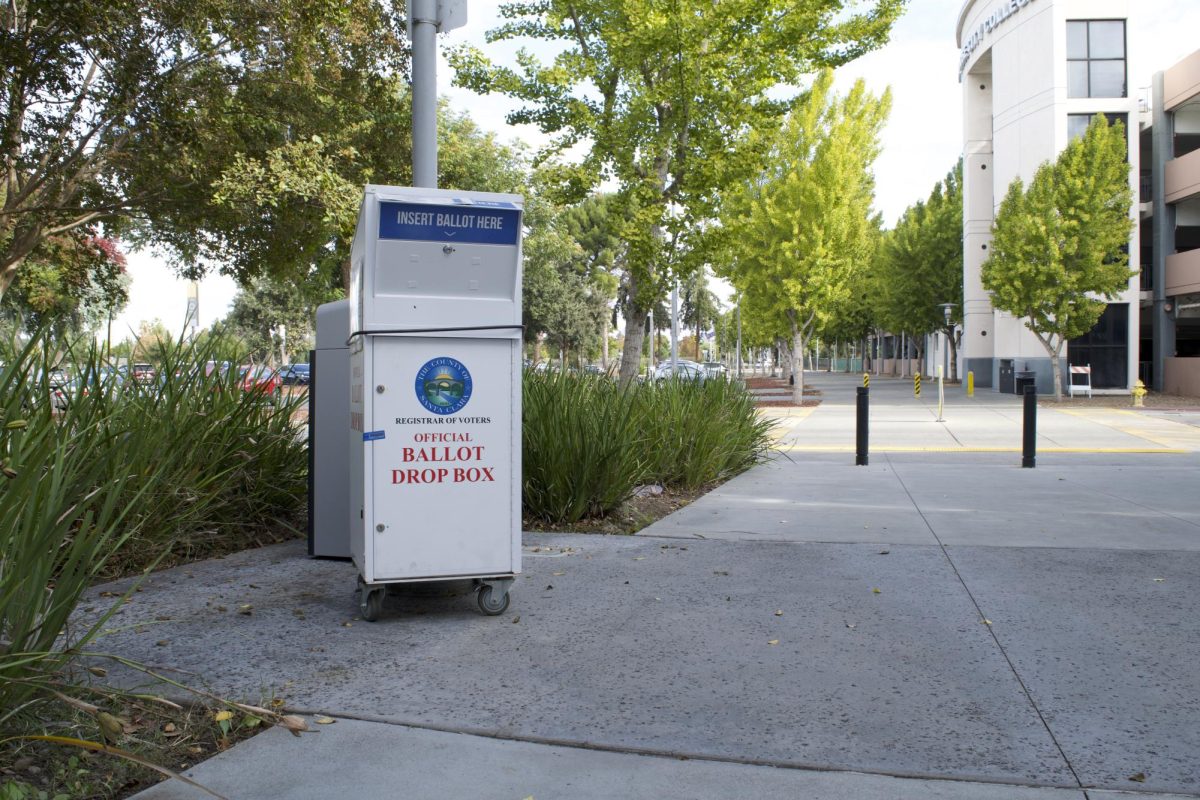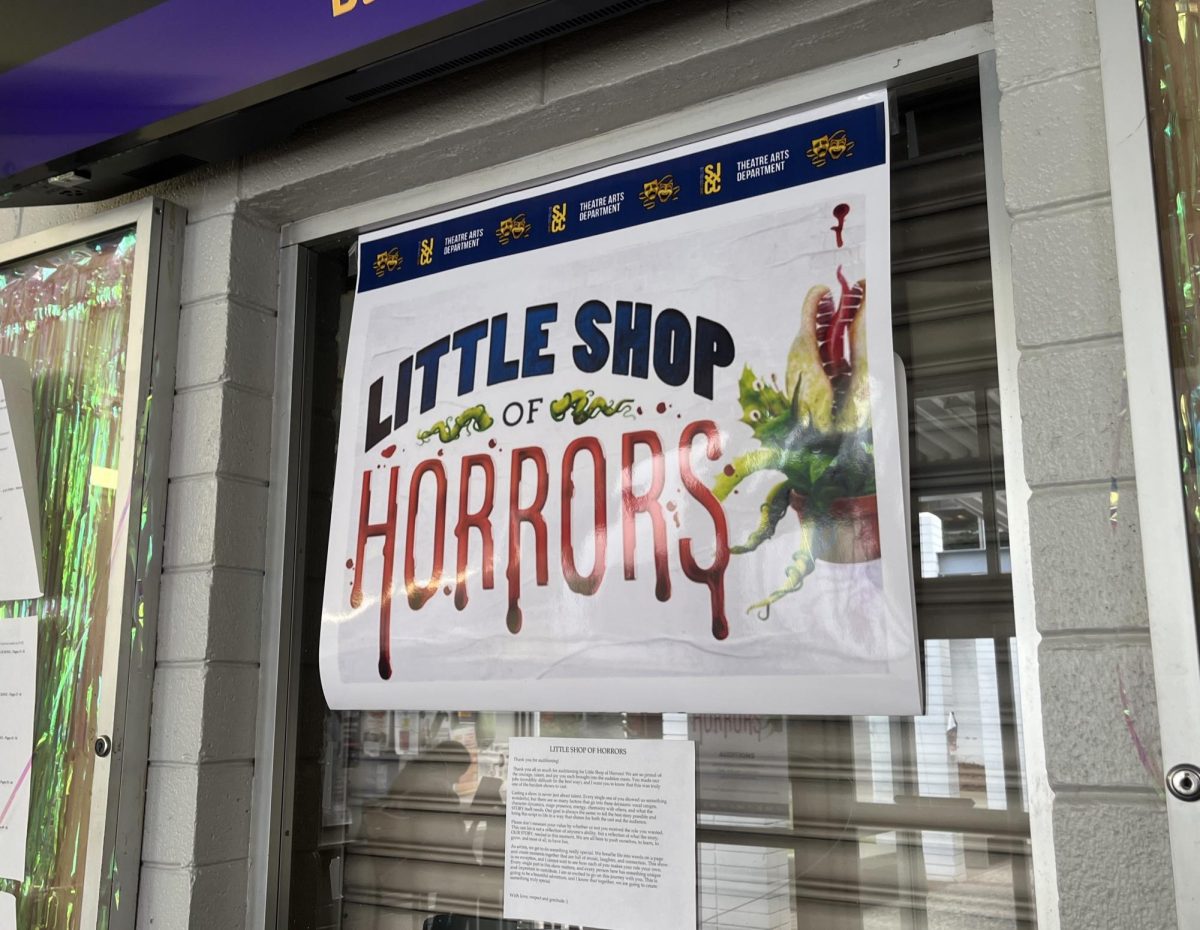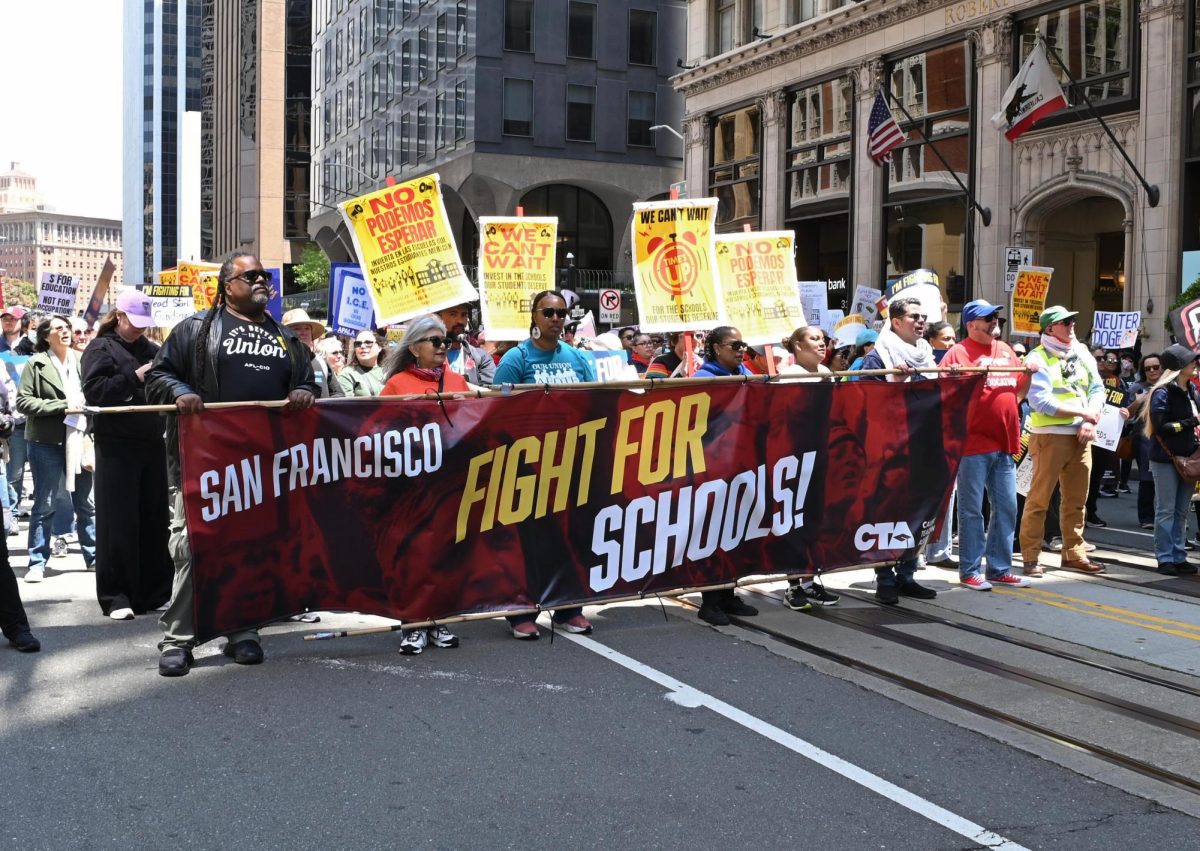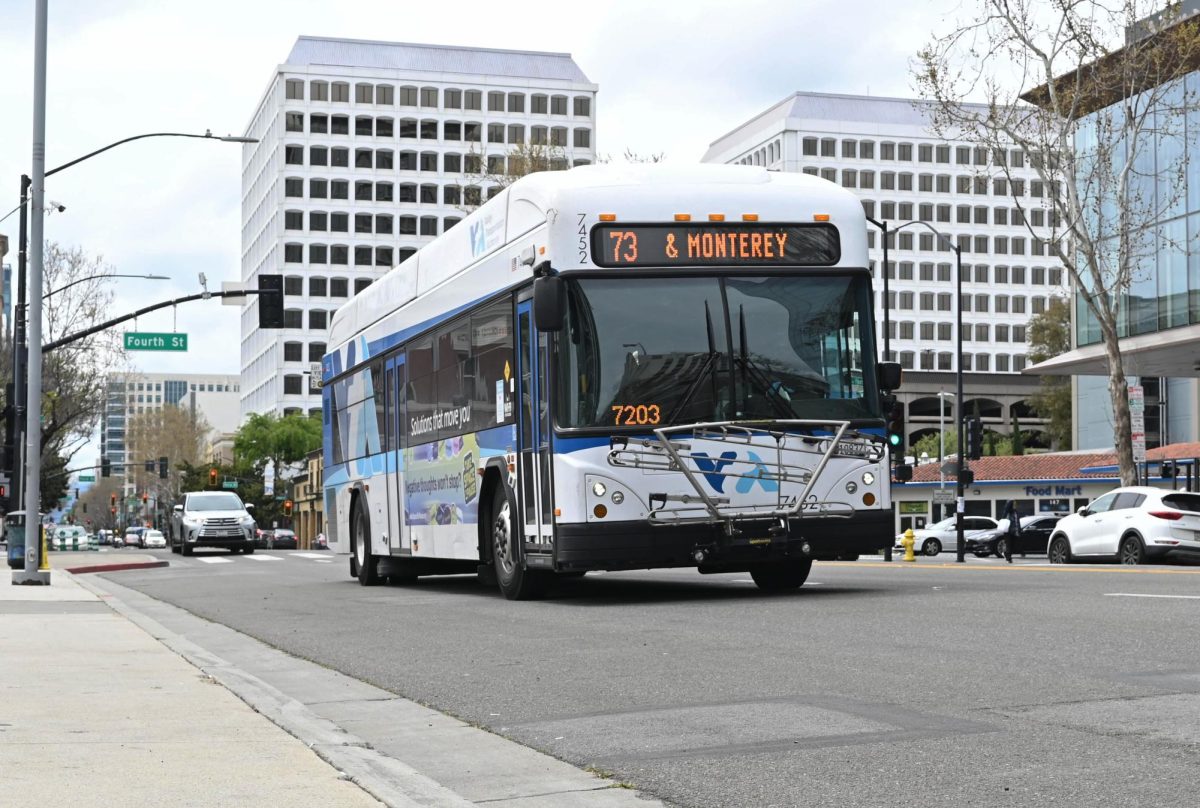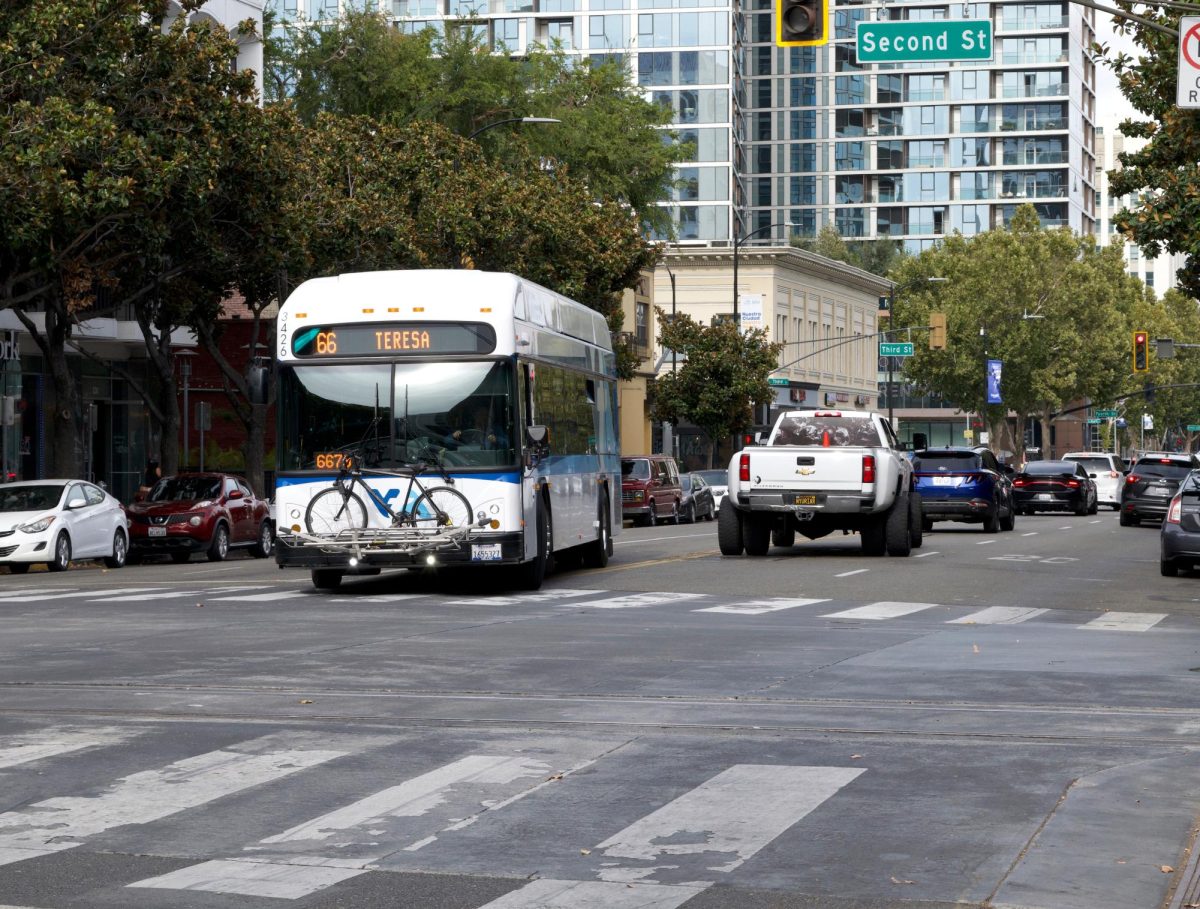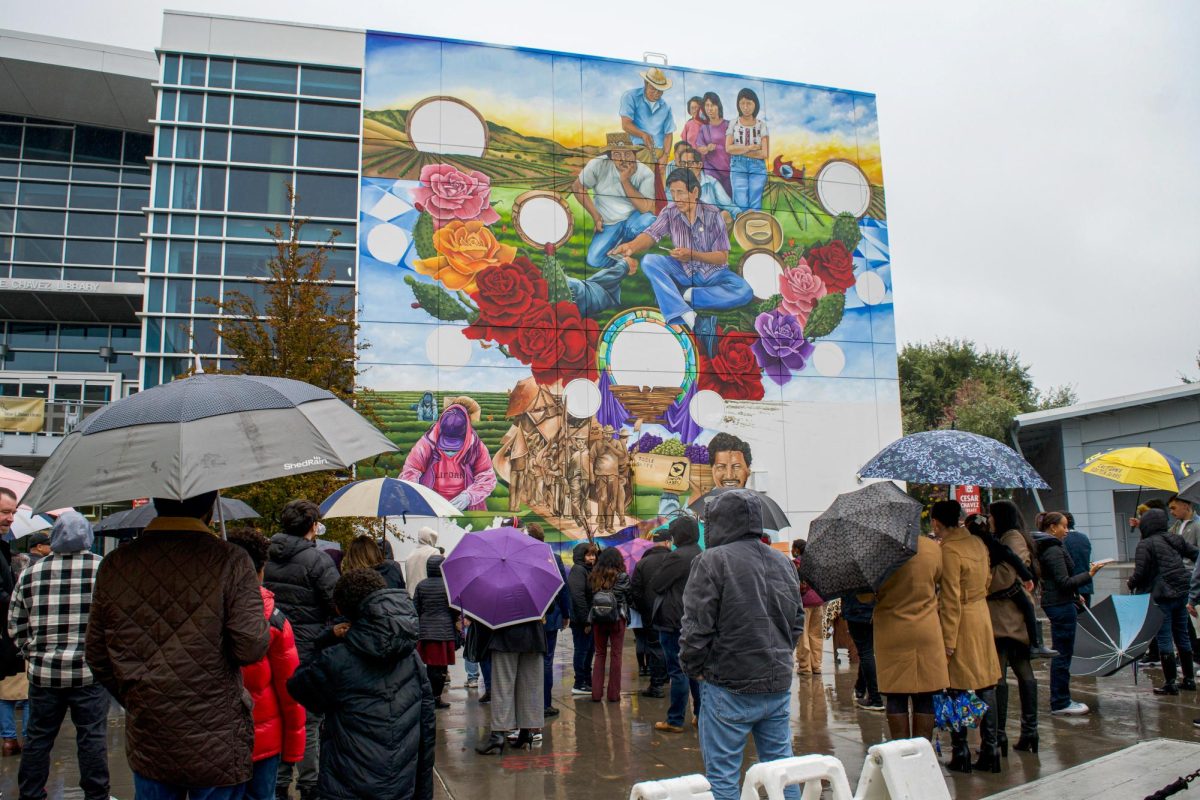The 2024 presidential election is tomorrow, and while many people have made up their minds on which candidate to vote for, not everyone remembers to look through the other sections of the ballot. California has 10 propositions on the table tomorrow, ranging from bond measures to taxes, and this article aims to explain everything voters need to know about three of the most important ones.
There’s still time for prospective voters to submit their ballot, which can be submitted at drop boxes throughout the county. Santa Clara County’s government website has a list of drop boxes and in-person voting locations, including a drop box at San Jose City College located outside of the Student Center.
Proposition 2
Proposition 2, if passed, will have the state borrow $10 billion for construction and renovation in K-12 schools and community colleges. Included would be funds totaling $1.5 billion, allocated to construction of facilities and renovation of existing ones at community colleges specifically.
Supporters of Prop 2 point to examples of failing infrastructure in schools across the state as the main thrust of their argument. Aging water and sewage pipes at community colleges have become a source of major concern in recent years, as well as a building at American River College deemed seismically unstable.
Those who oppose Prop 2 use California’s eye-watering bond debt of $79 billion as a rallying cry. They argue that borrowing money for upgrading schools will only push the state further into debt, which it must later pay off with interest owed.
Proposition 32
As of now, California’s minimum wage is $16. Proposition 32 would seek to increase it. If the proposition passes, employers with 26 or more employees would need to increase minimum wage to $17 immediately, and then to $18 on Jan. 1 2025. Businesses with 25 or fewer employees would be given more time, required to increase minimum wage to $17 on Jan. 1, 2025, and then to $18 on Jan. 1, 2026.
Prop 32’s supporters give California’s high cost of living as a primary reason for passing the proposition. According to MIT’s living wage calculator, the average single adult with no children would need to make $27.32 per hour to live comfortably in the state. An $18 minimum wage, they argue, would help alleviate financial stress, and prompt people to spend more at local businesses.
Opponents, however, argue that a minimum wage bump is bad for business. They say that a minimum wage increase would disproportionately affect small businesses that don’t have as much money as large corporations, potentially putting them out of business. It should be noted, though, that a similar minimum wage hike that was passed last year for fast-food workers specifically has been found to not lead to any impact on prices or amount of jobs lost, according to a report from UC Berkeley’s Institute for Research on Labor and Employment
Proposition 33
San Jose is home to some of the highest rents in the country. With a housing crisis on the state’s hands, it’s seeking ways to make the cost of living cheaper. One of these is Proposition 33, which would eliminate the Costa-Hawkins Act. This is the third time a rent-control related measure has appeared before California voters, with voters shooting it down both previous times.
Costa-Hawkins, passed in 1995, restricted local governments from implementing rent control. Single-family homes and residences built after 1995 would be barred from having their rental prices limited. A repeal of this act would open up more types of buildings to rent control.
Proponents of Prop 33 argue that the high cost of rent justifies passing Prop 33. According to them, 55% of Californians spend 30% of their income on rent each month. They’re concerned that rent increases will price people out of their own homes, displacing them.
Critics say that construction of new housing will decrease if Prop 33 is passed, and that smaller individual landlords will be hurt if subjected to the same treatment as corporate ones. They also point out that the bill does not explicitly write in any new protection for renters, and feel generally that Prop 33 has the potential to greatly worsen the existing housing crisis.
Rent control is a hotly debated topic among economists, who have yet to come to a consensus about its impacts, and the available research paints a mixed picture overall.

